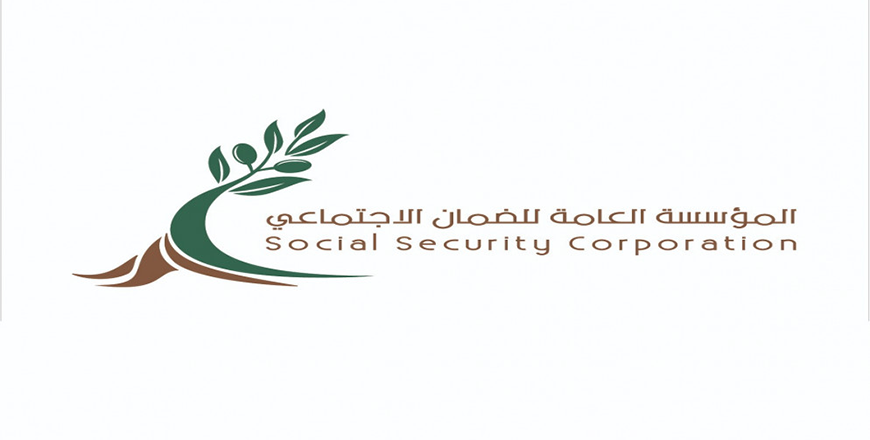You are here
Minimum wage increase sparks debate over sufficiency, exclusions
By Maria Weldali - Dec 21,2024 - Last updated at Dec 21,2024

Jordan’s Tripartite Labour Affairs Committee's recent decision to increase the minimum wage from JD260 to JD290, effective January 1, 2025, sparks debate among experts, organisations, and the public (JT file)
AMMAN — Jordan’s Tripartite Labour Affairs Committee's recent decision to increase the minimum wage from JD260 to JD290, effective January 1, 2025, has sparked debate among experts, organisations, and the public.
The Jordan Labour Watch has welcomed the increase, calling it "a step toward improving workers' living standards and a long-term investment in the country’s economic and social stability."
In a statement to The Jordan Times on Wednesday, the organisation expressed concerns over the sufficiency of the JD30 raise in light of rising inflation rates.
It also pointed out that the new minimum wage constitutes just 46 per cent of the national average wage of JD627, well below the 55 per cent ratio recommended by the International Labour Organisation (ILO).
The committee's decision to freeze the minimum wage until 2027 has raised questions about its alignment with Article 52 of the Labour Law, which mandates periodic wage reviews to adjust for changes in living costs, the statement added.
Jordan Labour Watch also criticised the exclusion of certain worker groups, such as those in the garment sector and non-Jordanian domestic workers, from the wage increase, labelling the move discriminatory and potentially exacerbating labour market imbalances.
The organisation also stressed that fair wage increases are key to enhancing social equity, reducing poverty, and stimulating economic growth by boosting domestic consumption.
The General Union of Workers in the Textile, Garment, and Clothing Industries has also called for a review of the decision, arguing that the exclusion of garment sector workers violates both the Jordanian Constitution and the Labour Law.
The Social Protection Observatory at Tamkeen for Legal Aid and Human Rights Organisation has also recently told The Jordan Times that wage policies should not only reflect economic data but also address the daily struggles faced by the Kingdom’s workforce.
Economist Waseem Hussein said that while the wage hike may have a modest effect on business costs, it could stimulate the economy by enhancing employees' purchasing power, which in turn would increase demand for goods and services.
The Tripartite Labour Affairs Committee, which includes government, employer, and worker representatives, reached this decision in an effort to balance workers' rights with the economic realities faced by employers, according to the Ministry of Labour.
Related Articles
AMMAN — The Social Security Corporation (SSC) on Sunday announced its readiness to enforce the Tripartite Committee for Labor Affairs’ decis
AMMAN — In a meeting chaired by Minister of Labor Khaled Bakkar on Monday, the Tripartite Committee for Labor Affairs unanimously agreed to
AMMAN — The tripartite committee for work affairs on Monday decided to increase Jordan’s minimum wage to JD260 as of January 1, 2021. T













